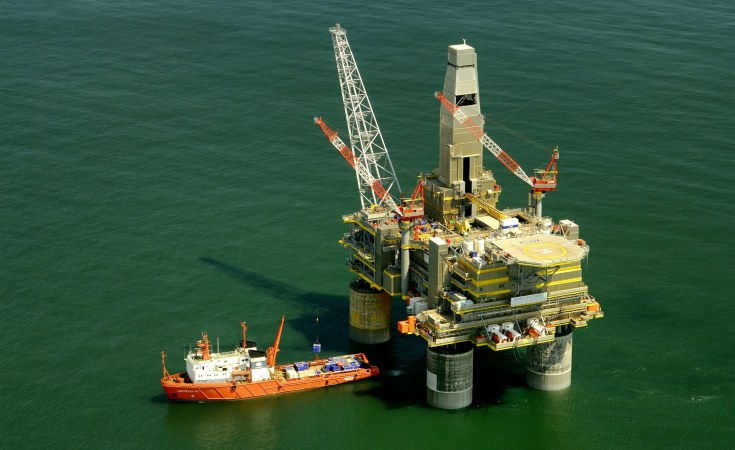The new Chairman of the Senate Committee on Petroleum Resources (Downstream) bemoaned the secrecy in Nigeria's oil industry and called for a change.
The new chairperson of the Senate Committee on Petroleum Resources (Downstream), Kawu Sumaila, vowed on Wednesday that there would be no more cover-up of wrongdoings in the Nigeria oil industry.
The senator, who represents Kano South Senatorial District, said this following his appointment to the new role on Wednesday. Mr Sumaila replaced Ifeanyi Ubah, the Anambra South senator who died in a hospital in London in July.
Addressing journalists at his office in the National Assembly in Abuja, Mr Sumaila bemoaned the secrecy in Nigeria's oil industry and called for a change.
"There is one thing which we understand which we must, in any way, let Nigerians know. They are running the agency like a cabal. Nobody knew what was going on.
"Therefore, there is a need for Nigeria at least to know what is going on there, which we will do our own best," Mr Sumaila said.
The Nigerian oil sector is notorious for its opacity due to its complex operations.
Despite that oil accounts for 80 per cent of the Nigerian government's revenues and 95 per cent of its foreign exchange earnings, the public knows only little of the financial accounts of the state-owned Nigerian National Petroleum Company (NNPC) Limited and its contacts with oil companies.
Nigeria's oil and gas sector recorded a weak performance in the latest Resource Governance Index (RGI), which measures the quality of extractive sector governance in resource-producing countries around the world. In the 2021 RGI, the sector scored 53 points out of a total of 100 in the 2021, placing the Nigerian oil and gas sector in the weak band.
This weak performance was blamed on, among other factors, the "failing" governance of licensing due to an absence of a centralised cadaster and rules governing the pre- and post-licensing process and contract disclosures.
Also cited as a factor for the poor performance is the lack of disclosure of public officials' financial interests in extractive companies and limited disclosure of significant beneficial ownership information remain a concern.
Experts have called for, among others, independent auditing of areas of concern. These areas of concern include the Domestic Crude Allocation, oil-for-product swap initiative, oil sales and related operations, oil trading subsidiaries, refinery crude oil transport arrangement, and the Joint Venture cash call account.
Promise to provide solution, reposition oil sector
Mr Salawu said his committee would find possible solutions to the challenges confronting the nation's oil sector by collaborating with relevant stakeholders.
"Therefore, there is a need for us to put our heads together with all relevant stakeholders, at least to know where we are," he added.
He lamented the sufferings of Nigerians and blamed the federal government for it.
"Quite alright, Nigerians are facing a serious challenge. Nigerians are not happy, and the government on their own part keeps telling us that we will soon get out from these challenges," he said.
The senator also said his committee would organise a public hearing on how to reposition the nation's oil sector and seek their contributions on how to make government refineries productive.
"This time around, we want to do even a public hearing. Let Nigerians come and ask questions or put their own input on these refineries," he said.
"First of all, we will study the situation and we will get the information from relevant agencies to see what we can do."


